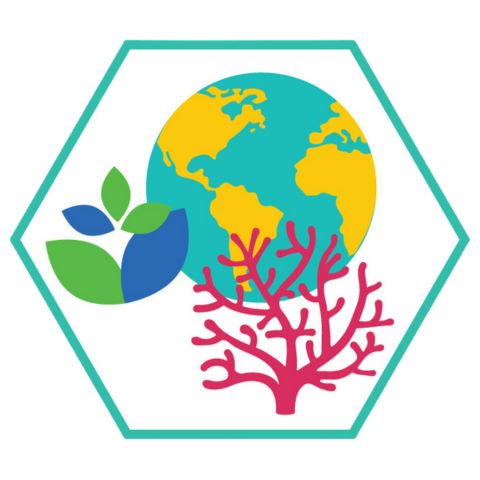
Biochemists face the climate challenge
Everyone knows coral bleaching occurs when seawater gets hot. Biochemists ask: How?
Corals die when their photosynthetic algal symbionts experience heat stress and exude hydrogen peroxide, causing coral tissue to expel the algae. Thus, coral bleaching is a biochemical process that we can understand and engage with, imagining new solutions to climate changes that degrade our planet.
Submit an abstract
Abstract submission begins Sept. 14. If you submit by Oct. 12, you'll get a decision by Nov. 1. The regular submission deadline is Nov. 30. See the categories.
The Centers for Disease Control and Prevention have long embraced “One Health,” the concept that a healthy planet is required for human health. Recently, the National Institutes of Health launched their Climate Change and Health Initiative. Biochemistry is central to preserving the natural world and developing fully renewable building materials, novel foods and health care solutions.
This session will explore how the living world experiences changes in temperature, pH, salt, nutrients, desiccation and other conditions. The speakers will illuminate the cell and molecular mechanisms underlying coral symbiosis, thermal adaptations of marine organisms, temperature-dependent mutagenesis and transposition in the fungal pathogen Cryptococcus neoformans, and the endocrine underpinnings of environmental influences on human health. This session is for the next generation of biochemists who will meet the climate challenge.
Keywords: One Health, thermal adaptation, symbiosis.
Who should attend: The next generation of biochemists who will save the planet.
Theme song: “Imagine” by John Lennon
This session is powered by the courage to face humanity’s greatest challenge.

Biochemistry and climate change
Asiya Gusa, Duke University
James A. DeMayo, University of Colorado–Denver
Yixian Zheng, Carnegie Institution for Science
Teresa Horton, Northwestern University
Enjoy reading ASBMB Today?
Become a member to receive the print edition monthly and the digital edition weekly.
Learn moreGet the latest from ASBMB Today
Enter your email address, and we’ll send you a weekly email with recent articles, interviews and more.
Latest in Science
Science highlights or most popular articles
Universal tool for tracking cell-to-cell interactions
A team of researchers has developed LIPSTIC, which can lay the groundwork for a dynamic map tracking physical interactions between different cells — the elusive cellular interactome.

Weedy rice gets competitive boost from its wild neighbors
Rice feeds the world. But researchers have found that a look-alike weed has many ways of getting ahead.

From the journals: JLR
A “T” makes a difference in blood clotting. High cholesterol: two screens are better than one. Biomarkers for cardiovascular risk. Statin-induced changes to the HDL lipidome. Read about recent papers on these topics.

Decoding microglial language
Emory University scientists characterize extracellular vesicles that facilitate intercellular communication.

What is metabolism?
A biochemist explains how different people convert energy differently – and why that matters for your health.

What’s next in the Ozempic era?
Diabetes, weight loss and now heart health: A new family of drugs is changing the way scientists are thinking about obesity — and more uses are on the horizon.


